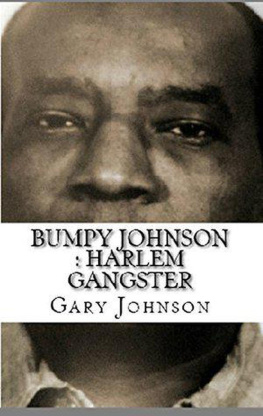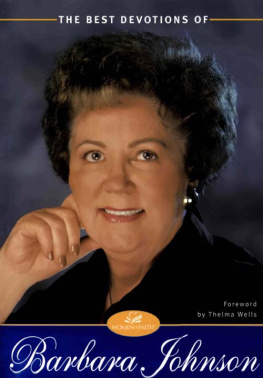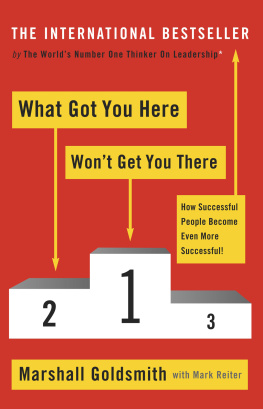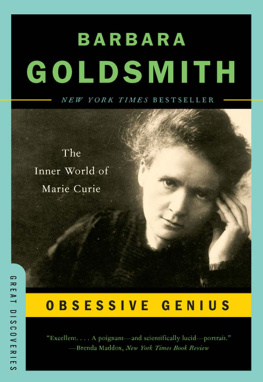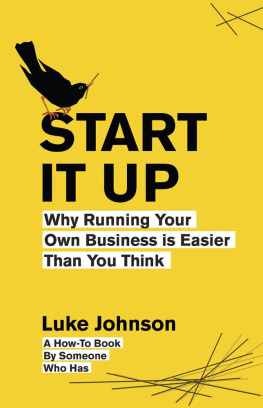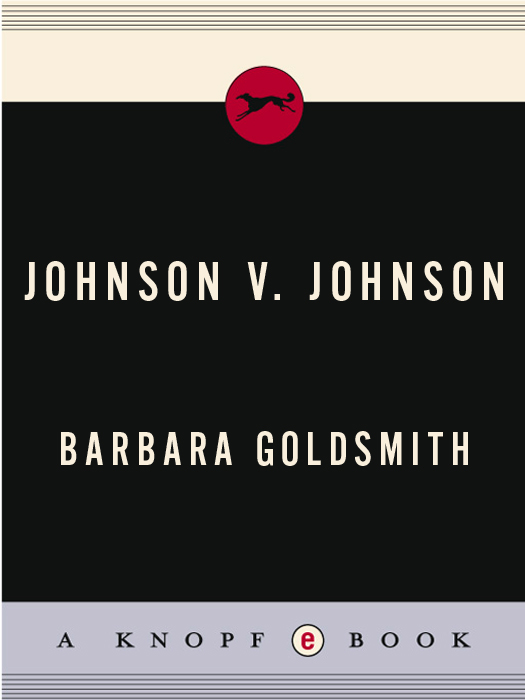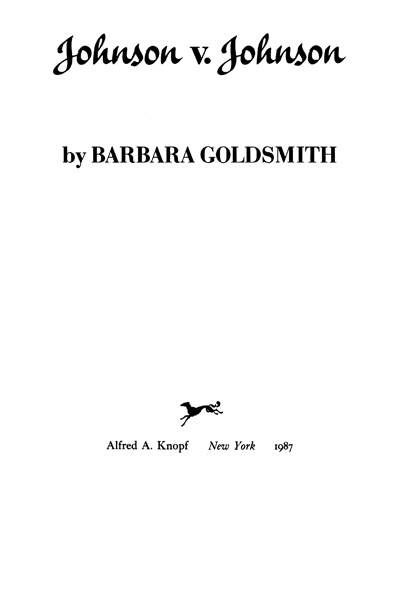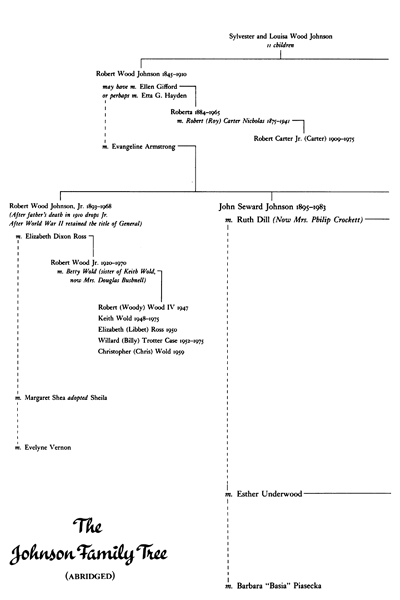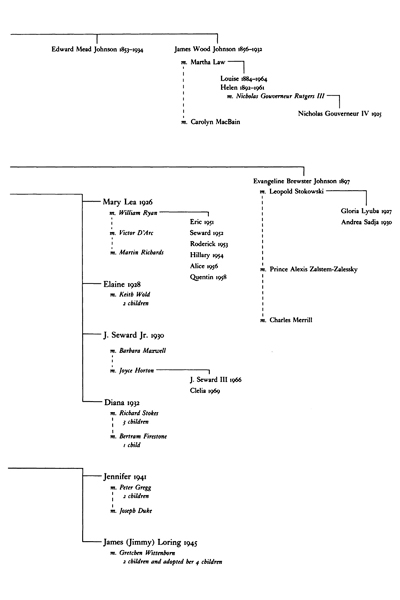Barbara Goldsmith - Johnson V. Johnson
Here you can read online Barbara Goldsmith - Johnson V. Johnson full text of the book (entire story) in english for free. Download pdf and epub, get meaning, cover and reviews about this ebook. year: 2011, publisher: Knopf Doubleday Publishing Group, genre: Detective and thriller. Description of the work, (preface) as well as reviews are available. Best literature library LitArk.com created for fans of good reading and offers a wide selection of genres:
Romance novel
Science fiction
Adventure
Detective
Science
History
Home and family
Prose
Art
Politics
Computer
Non-fiction
Religion
Business
Children
Humor
Choose a favorite category and find really read worthwhile books. Enjoy immersion in the world of imagination, feel the emotions of the characters or learn something new for yourself, make an fascinating discovery.

- Book:Johnson V. Johnson
- Author:
- Publisher:Knopf Doubleday Publishing Group
- Genre:
- Year:2011
- Rating:3 / 5
- Favourites:Add to favourites
- Your mark:
Johnson V. Johnson: summary, description and annotation
We offer to read an annotation, description, summary or preface (depends on what the author of the book "Johnson V. Johnson" wrote himself). If you haven't found the necessary information about the book — write in the comments, we will try to find it.
When J. Seward Johnson, the pharmaceutical heir, died in 1983 at the age of eighty-seven, his six children (each of whom was already in possession of an immense fortune) were outraged to learn that he had willed his entire $500-million estate to their stepmother Basiaa woman forty-two years Sewards junior, a Polish refugee who had once worked as a chambermaid in his household. They came to believe that Basia had used undue influence to enchant their father, prying his fortune away from him and turning him against his own children. They wanted justice. The legal battle that followed spawned a seventeen-week-long trial, the involvement of 210 lawyers (some of whose behavior was legally and ethically questionable), $24 million in legal fees, and public disclosures of the often scandalous details of the lives of many of the parties involved, including attempted suicide, drug addiction, and accusations of a murder plot.
Going beyond the courtroom itself, Goldsmith delves into the familys past and present, demonstrating that, from the start, the poisonous effects of overwhelming wealth were a tacit but powerfully felt subtext to the proceedings. From her insiders position, she reveals the true Johnson legacyone of profound emotional damage. In their own voices Sewards children, his first wife, relatives, friends, employees, and Basia herself express their thoughts and feelings with a startling degree of frankness, revealing a past of incest, malignant neglect, and betrayal. Through this deepening of the story, Goldsmith has been able to elucidate the profoundly complex reasons why each of the Johnsons believed that what was most emphatically at stake was not financial remuneration but emotional reparation.
Throughout the four-month trial, Goldsmith (who researched the case for over a year and examined thousands of pages of documentation) was in constant attendance, and she tells the dramatic story of what occurred in spellbinding detail. We see the contesting parties, their innumerable lawyers, and the trials remarkable judge, Marie Lambert (part Portia, part Tugboat Annie), playing out their roles in a courtroom packed with press and spectators, and rife with animosity, mistrust, and uncontrolled emotions (which erupted into a near-riot and death threats against the judge). Goldsmith illuminates how and why, as the trial progressed, it was transmuted almost entirely into a battle among lawyers, about lawyers, and for lawyers. She provides a masterful and devastating indictment of American law and lawyers, seen here as an out-of-control juggernaut fueled by a seemingly inexhaustible supply of money.
Family drama, courtroom drama, explosive psychological drama, a trenchant and sometimes shocking portrayal of lawyers at work todayJohnson v. Johnson is a brilliant synthesis of the legal, the social, and the human aspects of a society in disarray.
Barbara Goldsmith: author's other books
Who wrote Johnson V. Johnson? Find out the surname, the name of the author of the book and a list of all author's works by series.




